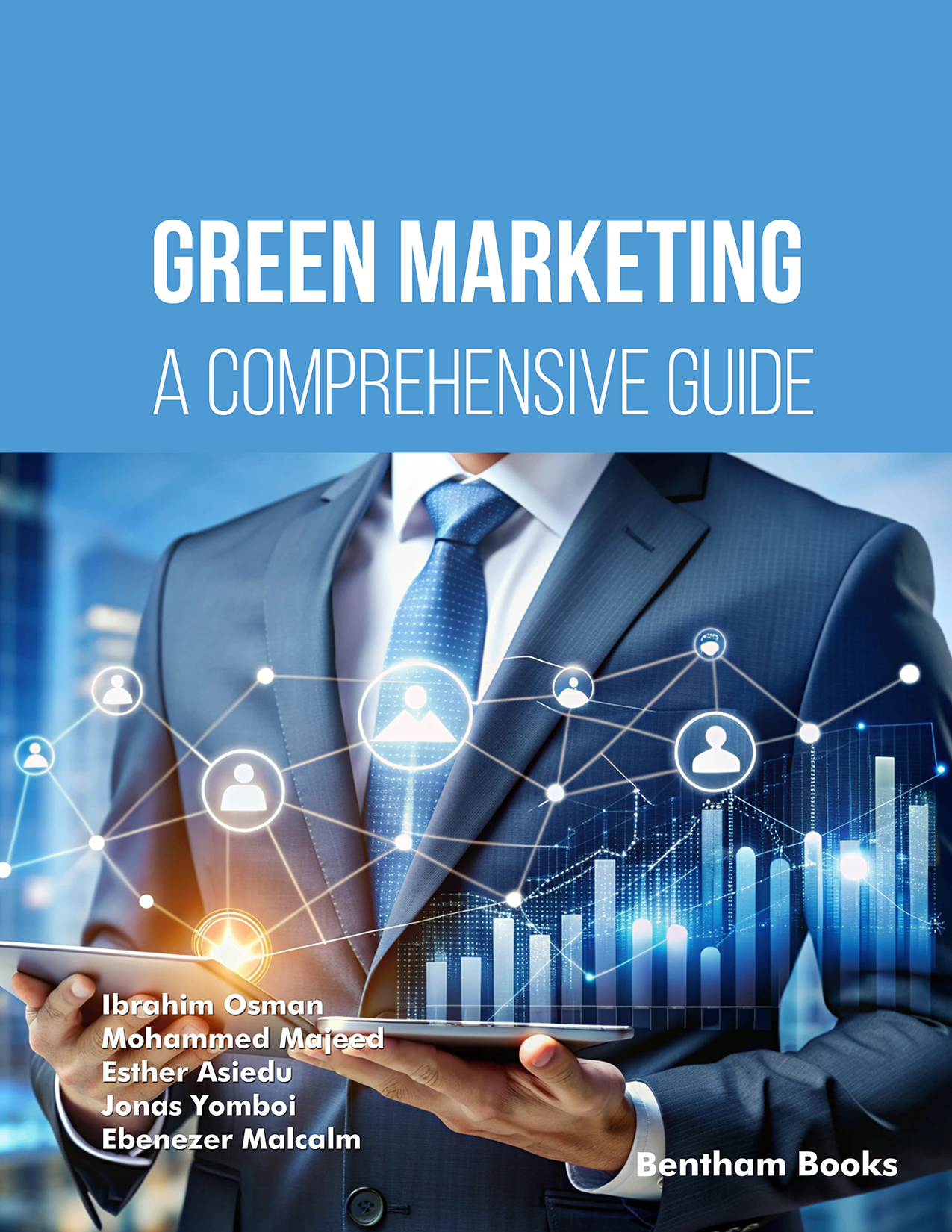Foreword
At a time when environmental concerns are at the forefront of global discourse, firms must rethink their marketing strategies to align with sustainability. Green Marketing: A Comprehensive Guide serves as a timely and insightful resource for scholars and businesses seeking to integrate sustainability into their marketing practices. This book digs into the fundamental principles and strategies of green marketing, offering a structured approach to understanding its relevance. It begins with an Introduction to Green Marketing, highlighting its evolution, importance, and impact on consumer behavior and corporate responsibility. To navigate the complexities of sustainable marketing, the book outlines the Key Rules of Green Marketing, emphasizing transparency, authenticity, and long-term commitment. It further explores Green Marketing Strategy, providing actionable insights into aligning environmental goals with business objectives.
A significant focus is placed on the Green Marketing Mix, where the traditional four Ps—Product, Price, Place, and Promotion—are reimagined through an eco-friendly lens. This discussion is complemented by an analysis of the Factors Determining the Adoption of Green Marketing, which examines the drivers and barriers businesses face when transitioning to sustainable practices. One of the most critical aspects of sustainable branding is Green Packaging, which has gained momentum as companies strive to reduce environmental impact. The book provides best practices and case studies illustrating innovative approaches to eco-friendly packaging solutions.
Finally, Green Marketing Communication is explored in depth, addressing the strategies brands can use to effectively engage consumers while avoiding pitfalls, such as greenwashing. The role of digital platforms, corporate social responsibility (CSR), and regulatory frameworks in shaping green messaging is also examined. As businesses and consumers become increasingly conscious of their environmental footprint, the need for genuine and effective green marketing has never been greater. This book serves as a practical guide, equipping readers with the knowledge and tools to implement sustainable marketing strategies that benefit both the planet and business performance.
I trust that this book will inspire and empower readers to embrace green marketing not just as a trend, but as a fundamental business philosophy that drives innovation, responsibility, and long-term success.
Dr Ahmed Tijani
Minerals Commission, Ghana

